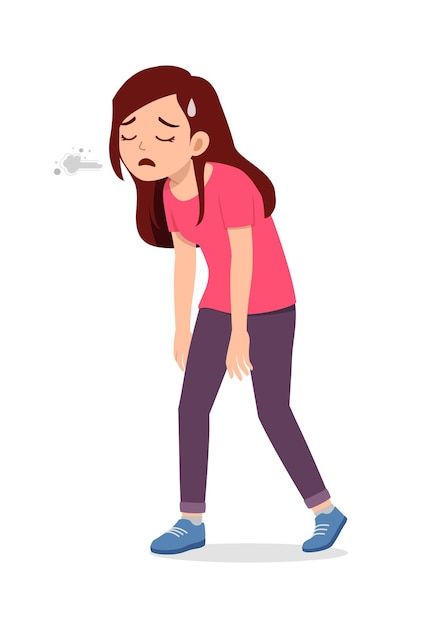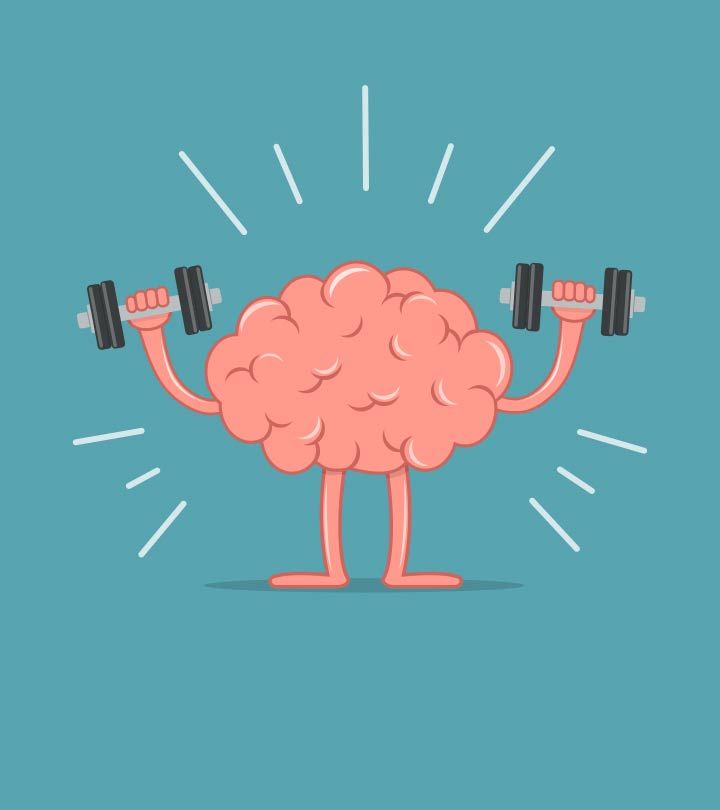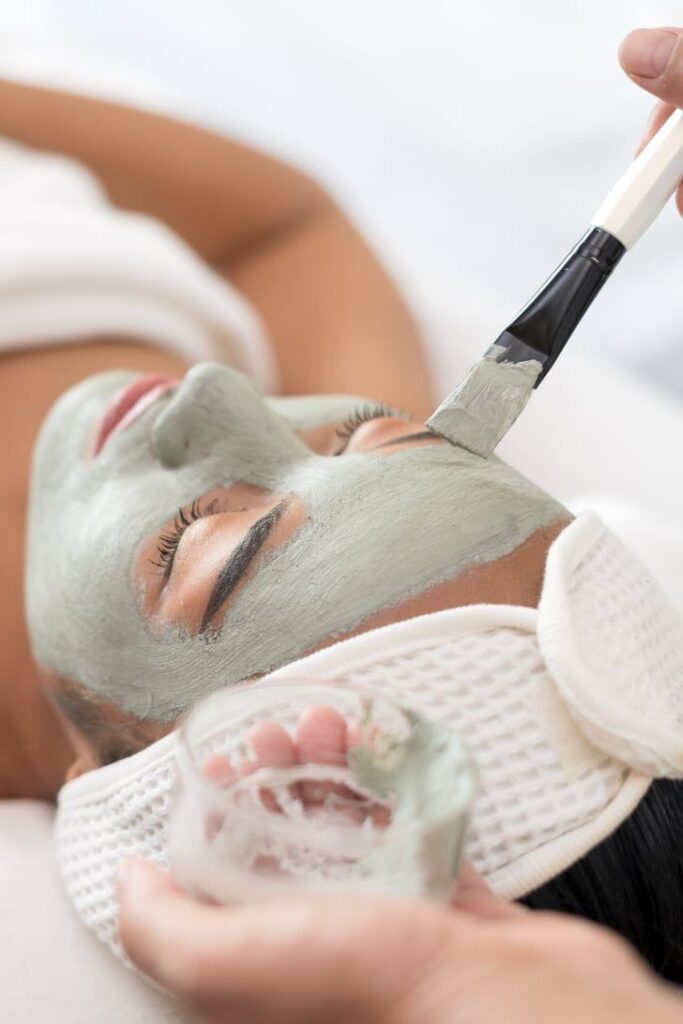
In the hustle and bustle of modern life, stress has become an unwelcome companion for many. From hectic work schedules to personal responsibilities, the pressures we face can take a toll on our mental and physical well-being. This article will explore simple yet effective ways to reduce stress and infuse tranquillity into your daily routine.
What is stress?
Before delving into stress reduction strategies, let’s understand what stress is. Stress is the body’s natural response to challenges or demands, triggering a “fight or flight” reaction. While this response is crucial for survival, chronic stress can have detrimental effects on our health.

Causes
Identifying the sources of stress is the first step towards managing it. Common causes include work pressure, financial worries, relationship issues, and health concerns. Recognising these triggers allows for targeted stress reduction efforts.
Impact
The repercussions of stress extend beyond mental fatigue. Chronic stress can contribute to anxiety, depression, and a weakened immune system. Physical symptoms may include headaches, muscle tension, and digestive problems.
The importance and benefits of reducing stress
Reducing stress yields a myriad of benefits, both mentally and physically. Improved mental clarity, enhanced emotional well-being, and a strengthened immune system are just a few advantages of adopting stress reduction practices.
Lifestyle changes

- Healthy eating habits
The link between diet and stress is profound. A balanced diet rich in fruits, vegetables, and whole grains supports overall well-being and stress management.
2. Regular exercise routines
Physical activity is a powerful stress buster. Engaging in regular exercise releases endorphins, the body’s natural mood lifters, and helps alleviate stress.

Mindfulness practices
Mindfulness meditation is a potent tool for stress reduction. By focusing on the present moment, individuals can cultivate a sense of calm and mental clarity.
- Deep breathing exercises
Deep breathing exercises, such as diaphragmatic breathing, promote relaxation and help reduce stress-induced tension.
Time management

- Prioritising tasks
Effective time management involves prioritising tasks based on importance and deadlines. This approach prevents feeling overwhelmed by a long to-do list.
2. Setting realistic goals
Setting achievable goals prevents unrealistic expectations that can contribute to stress. Breaking down larger tasks into smaller, manageable steps is key.
Build social connections

Strong social connections act as a buffer against stress. Cultivate relationships with friends and family, sharing your thoughts and feelings with those you trust to help you feel better.
Quality time with loved ones provides a sense of belonging and support, fostering emotional resilience in the face of stress.
Creativity and hobbies

You are engaging in creative pursuits, whether painting, writing, or playing music, which offers a therapeutic outlet for stress expression.
Hobbies provide a welcome distraction from stressors, allowing individuals to immerse themselves in activities they enjoy.
Technology Detox
Excessive screen time can contribute to stress. Set boundaries on digital use, especially before bedtime, to promote a more restful sleep.
Periodic digital detoxes, where individuals disconnect from technology, can refresh the mind and reduce stress.
Relaxation
- Spa days and massages

Treating yourself to a spa day or a massage is more than a luxury; it’s a self-care practice that promotes relaxation and stress relief.
Sleep hygiene
- Create a bedtime routine
Establishing a calming bedtime routine signals to the body that it’s time to unwind, promoting better sleep quality.
The importance of quality sleep
Adequate and restful sleep is crucial for stress management. Ensure a comfortable sleep environment and prioritise getting enough sleep each night. it will go a long way.

Incorporating these simple yet powerful strategies into your daily life can lead to a significant reduction in stress levels. Remember, it’s about creating a holistic approach to well-being that addresses both the mind and body.





1 Trackback / Pingback
Comments are closed.